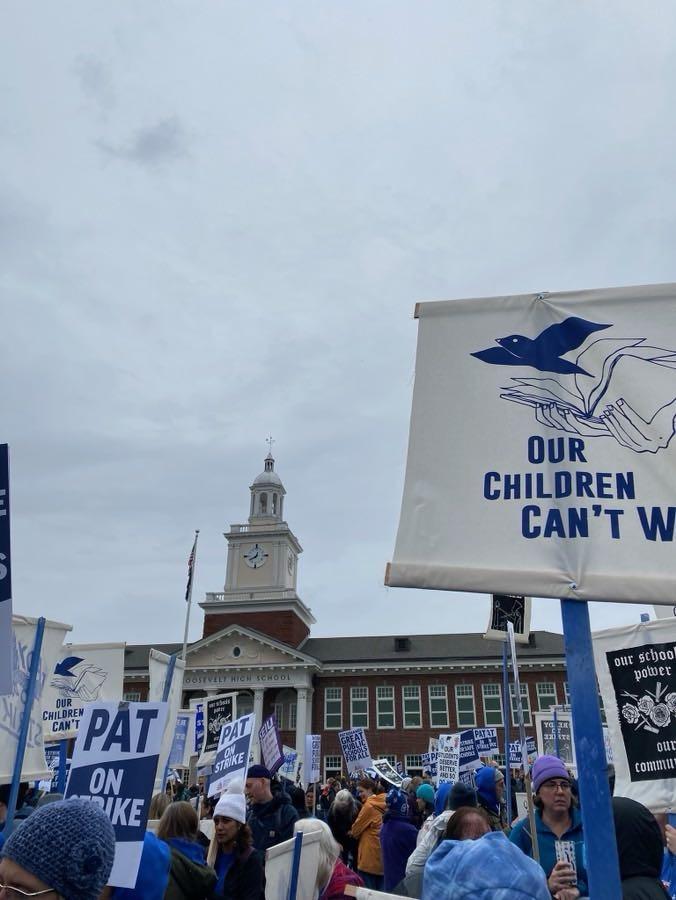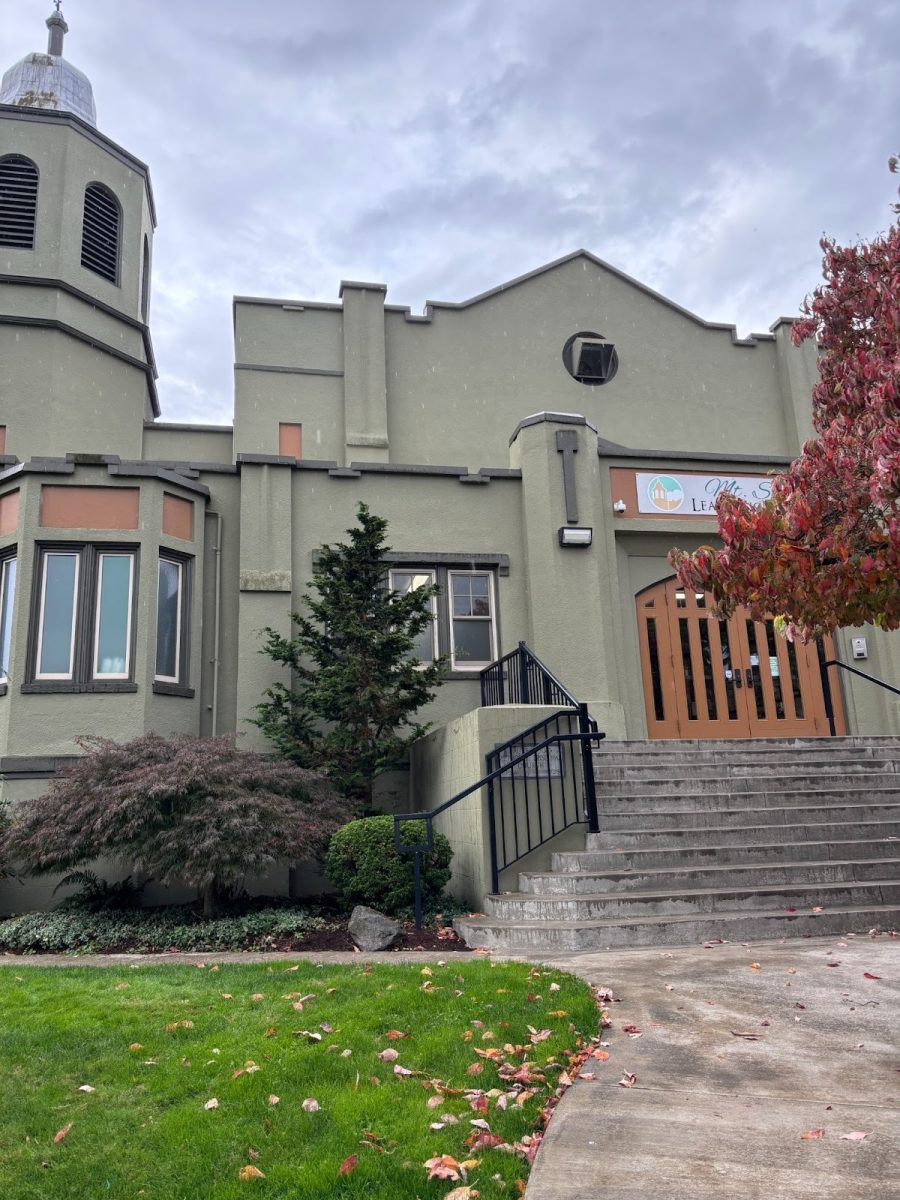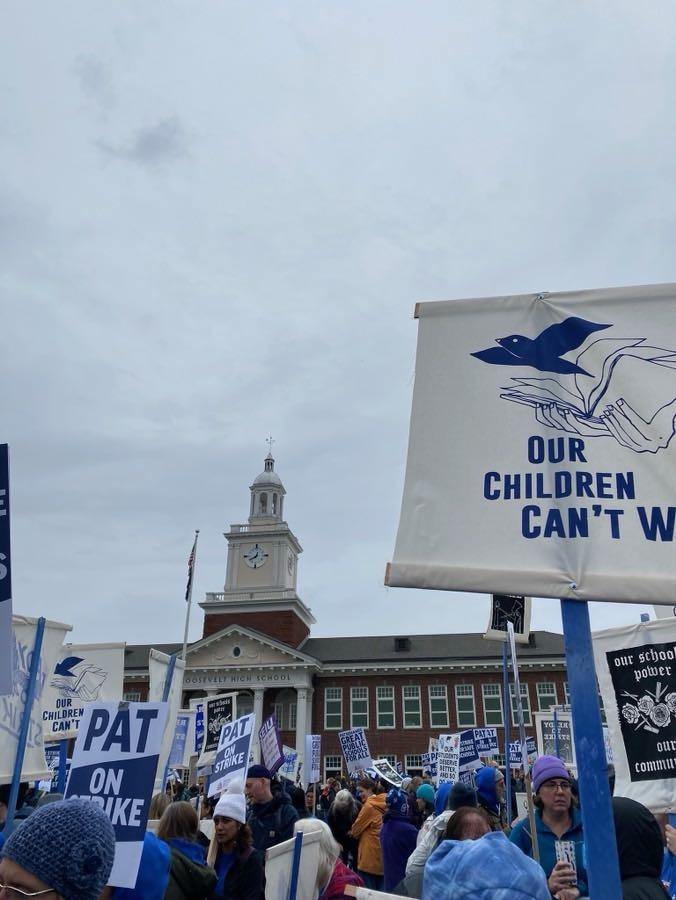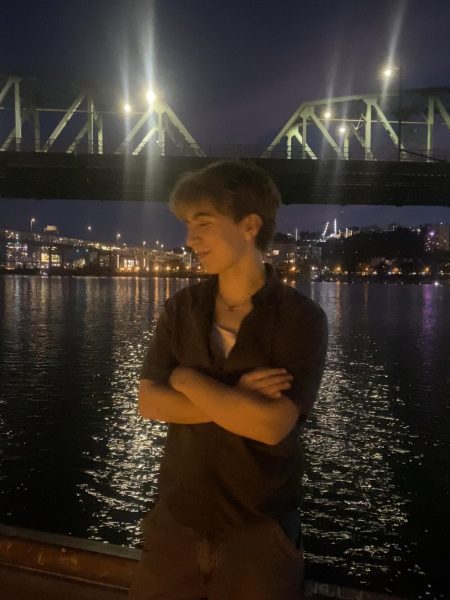
Portland Public Schools (PPS) has adopted a new disciplinary policy for students following the adoption of the 2022-23 contract with the Portland Association of Teachers (PAT). The policy aims to protect educators while also recognizing the current gaps in effectively addressing student behavior. While student discipline isn’t a legally mandated subject of bargaining, when the behavior of a student begins to threaten the safety of educators, it is.
Article nine of the teacher contract outlines student support, discipline, and safety. In the past, the contract has defined specific guidelines for teachers and administrators to follow in the disciplinary process. However, in the new contract, the union and the district have added acknowledgments of current disparities in disciplinary rates in regard to race, ability, sexual orientation, gender, and socioeconomic status. As the contract states, they commit “to an approach for student conduct and discipline that aligns with the PPS Vision and utilizes research based in Racial Equity and Social Justice, Restorative Justice, [that is] Trauma Informed to minimize the use of exclusionary discipline.”
Among these changes is the removal of mandatory minimum suspensions. In the past, a student making threats or causing fear of potential harm would receive a mandatory suspension for a minimum of five days. Students participating in physical attacks and harm — which is defined in the contract as behavior ranging from violent contact to poking — constituted mandatory expulsion. Now, aggressive behavior will be examined on a case by case basis, coming from a trauma-informed perspective and taking into account situational circumstances.
The President of the PAT, Angela Bonilla, explains the importance of this policy by saying, “educators have been hurt repeatedly by students in crisis, some to the point of possible permanent disability.” Bonilla continues, attributing this repeated behavior to “PPS management [who] has directed principals to lower referrals, but provided no additional support at [school] sites … This led to principals and administrators looking for ways to ignore issues or dismiss problematic behaviors in order to not have large numbers of referrals.”
According to Bonilla, this meant mandatory minimum suspensions were often never enacted in the first place. Educators are often put in situations where altercations involving students are not addressed by admin, and the student is permitted to return to that teacher’s class the following day without mediation or support for both student and teacher.
With mandatory minimum suspensions on the way out, PPS has adopted student-centered support plans. Chief of Student Support Services at PPS, Jey Buno, says these plans are to be made by “a team of professionals from the school building [who] meet with a student and their parent or guardian to create and write out a plan to address a behavior that occurred.” He explains that the plan “varies depending on what the issue is.” They take into account questions like “does this issue involve substance use/abuse? Does this issue involve a fight or aggressive behavior? Does this issue involve bullying or harassment?”
Still, suspensions do remain a possibility. When asked how administrators will levy the use of support plans versus a suspension, Buno says, “[it’s] a very complex issue [but] disciplinary decision making includes a trauma-informed perspective, with a focus on restorative practices as the unique circumstances of the event, and the individuals involved are taken into consideration.”
Even under the new policy, concerns linger that administrators’ biases can still come into play, particularly when choosing to enact a support plan versus a suspension. An anonymous PPS student recounted their experience under the old contract after they were involved in a physical altercation with their classmates. Consequently, they were issued a five-day suspension. The student’s family expressed that they “thought [the principal] was taking the side of the other kids because [they were] white.” Multiple students played a role in the incident, but the student of color was the only one issued a suspension. While this experience isn’t unique to teacher safety, it paints a larger picture of severe repercussions more often primarily affecting students of color.
Bonilla reported that “numbers [from] referrals showed that we disproportionately discipline students of color, specifically Black boys and girls.” She continues, explaining that “it’s hard to challenge the implicit biases that may be held by building leaders or those who enforce the rules.” In hopes of decreasing this disparity, the contract vows that the district will train all existing and new educators on PPS’ intended school climate, as well as the principles of restorative justice.
Educators and district leadership hope that using trauma-informed support plans over traditional academic exclusionary practices will help both students and teachers. Students will now spend less time away from the classroom, and more time working on the root of their behavior.



































